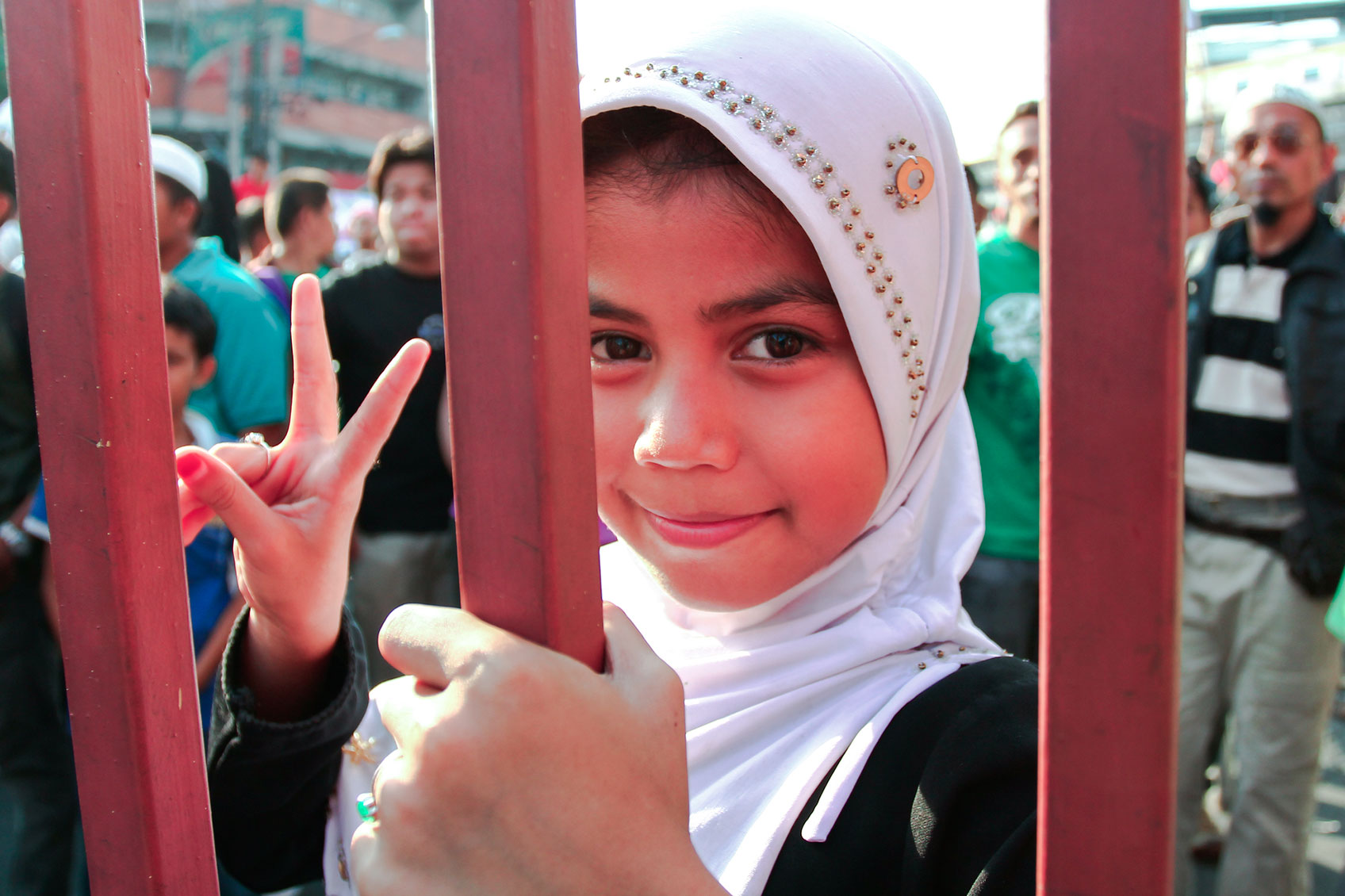About Jacob Bercovitch
Jacob Bercovitch (1946-2011), PhD, FRSNZ was Professor of International Relations at Canterbury University and a Fellow of the Royal Society of New Zealand.
He received his PhD from the London School of Economics and held fellowships at the Program on Negotiation at Harvard University, the United States Institute of Peace in Washington DC, Georgetown University, the Hebrew University of Jerusalem, and the University of Haifa. He served as Vice-President of the International Studies Association.
At the University of Canterbury, Jacob helped establish the Diplomacy and International Relations programme, and the International Law and Politics Master's degree.
Jacob was awarded the University of Canterbury Research Medal for excellence in research and was the recipient of many research grants including two Royal Society of New Zealand Marsden grants, research grants from the Folke Bernadotte Academy, and from the University of Canterbury.
Recognised as the founding father of the systematic study of international mediation, Jacob is widely cited as the author, co-author, or editor of 16 books and over 100 articles on international conflict management, mediation and negotiation.
In his academic work, Professor Bercovitch pioneered the application of statistical techniques to the field of conflict resolution and in particular to mediation. To do so, he developed large databases of never before collected information on conflict management and mediation events.
His studies systematically analysed not only the disputants, but the nature and tactics of mediators, and the political, military, and geographical contexts that affect mediation. Critically, his unit of analysis was the conflict management effort, which allowed him to examine both conflict management success and failure within and between disputes. He also highlighted the importance of considering not only the factors that lead to agreement, but also the factors that lead to a durable peace.
Among his final efforts were studies of how disputants selected mediators for the hardest disputes to resolve – creating a dynamic known as selection effects. His ideas, approaches, and data, fundamentally revolutionised our understanding of the study and practice of international conflict management.
Over the course of a long and distinguished career, Professor Bercovitch worked with an incredible number and variety of students and colleagues from around the world, effectively founding what may be considered the Bercovitch School of Conflict Analysis.
While we include material employing a range of techniques, approaches and methods in the Bercovitch Data Centre, much of the work here has been developed by those influenced by that school of thought.

